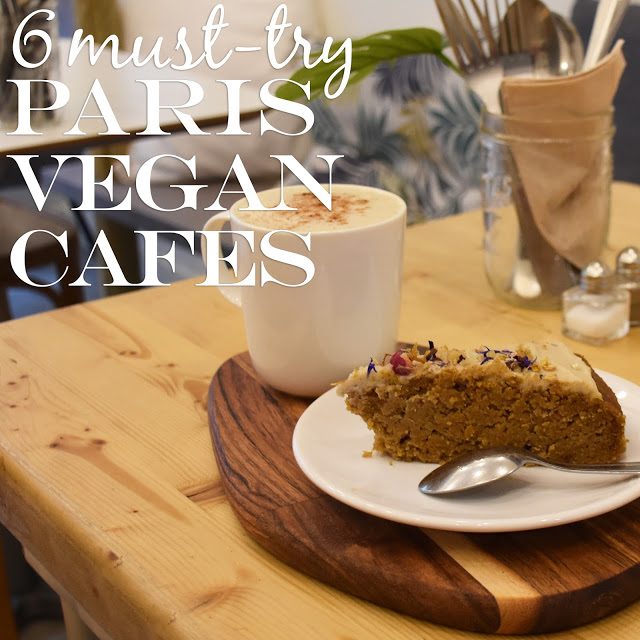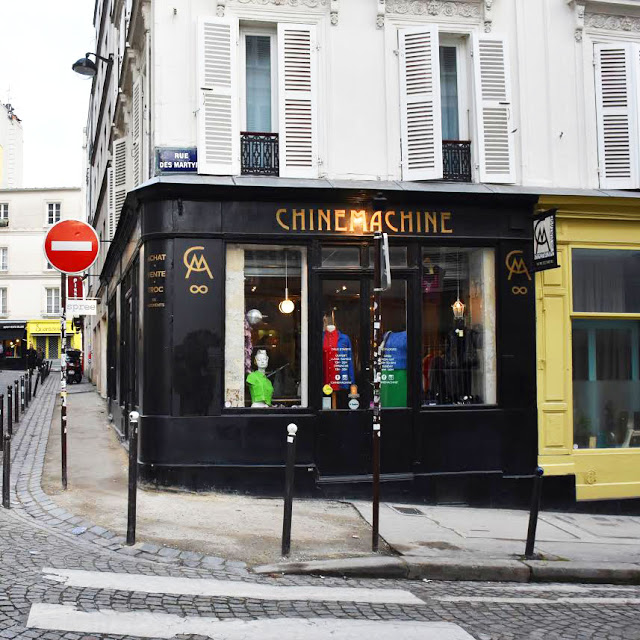{eco boutique} uncommon goods: the new way to gift
/to date, i have stood up in exactly twelve weddings. think four weddings + a funeral, only, multiply by three and subtract one funeral. and yes, i'm both hugh grant + charlotte coleman here.
this means exactly what you think: 12 bridesmaid dresses, 12 fabulous ceremonies, and shopping for twelve tokens of my love {aka gifts} for the happy couples, and eventually, it means gifts for the wee ones as well.
over the last four years, while writing for finny + dill, i've been searching for gifts that mirror my values, gifts that are made with environmentally-friendly materials + are made by individuals or companies with opaque supply chains. and of course we all want gifts that shine.
where do we find the kind of toys that tickle a baby's brain, promote language skills + keep her universe free from harmful chemicals, like lead-based paint + bpa plastics that have plagued the toy industry? today we're taking a peek into the world of uncommon goods, an online eco boutique based out of brooklyn, offering imaginative, handmade gifts + old fashioned toys for the little dumplings in your life, including meal time essentials, books + apparel to keep you + your sweet potatoes engaged, safe + healthy.
here comes the bride:
i admit i've been a bit adrift in the world of gift giving when it comes to weddings + the little ones. i've been turning over stones looking for special gifts for the holy union as well as ethical children's gifts that are made with natural materials + are just plain cute. ask, and ye shall receive. uncommon goods, i discovered, has stylish, sustainable wedding gifts + the perfect eco presents for the babies + toddlers, too.
at one point in four weddings, charles, hugh's character, walks into a luxury boutique + inquires about the gift registry. he's directed to a bevvy of impractical + costly options including a life-sized pygmy sculpture. none of my friends have made any such appeals for frivolity, which leaves room for a universe of functional, yet fashionable gifts.
with wedding season upon us + baby buns baking away, here's a place where you can find memorable, personalized gifts for the starry-eyed couple {yes to the sea of love artwork + sleek, wooden wine glasses} by object makers around the globe.
be kind, rewind:
let's rewind to 1999: founder dave bolotsky had a bright idea; he wanted to pull up gift giving by the roots by creating an online marketplace to connect makers from every corner of the country with individuals looking for beautiful design + unique gifts. remember what year this was, friends. this was a mighty lofty goal.
dave inaugurated this tiny enterprise from his apartment; the company grew, weathering the storm of economic uncertainty, taking a few steps back + some giant leaps forward. today it is a successful business employing 100+ workers in new york + artisans across the world, offering fair wages + a positive working environment {and the opportunity for makers to do what they love + for buyers like me to snag their wares}.
let's talk toys:
vetting the market for items made with love by sewers, knitters, painters, woodworkers, metal smiths and myriad other artists + crafters, ug has gathered
a collection of perfect gifts for the lil peanuts in your life
including plush toys made with organic textiles + wooden toys colored with natural dyes.
there's been quite an evolution in the world of baby toys, from simple wooden building blocks to electronic items that light up like times square + erupt in robotic jangling. while we want toys to provide hours of entertainment + to positively impact development, we also want toys that are made with organic + natural materials.
i was happy to find handcrafted toys that i imagine even geppetto would admire {behold the world's cutest booties + the coolest selection of building blocks: there are 118 elements on the periodic table; i know this because of ug's novel baby blocks for little nuggets + not because of my phenomenal memory for all things chemistry}.
more good news:
with every purchase you make at uncommon goods, customers have the option to donate $1 to a nonprofit at checkout via their better to give program {to date, ug has donated over $1,000,000}. giving gifts + giving back is easy as pie at this online market.
wedding season + stork delivery? you know what to do.
until next time, stay green dear hearts!
{this is collaborative post sponsored by the good folks at uncommon goods //
images c/o uncommon goods // artwork by ev}










































!["since the outbreak of covid-19, we have seen the devastating impact of fashion brands' purchasing practices, such as cancelled orders and delayed payments, on some of the most vulnerable workers in the [garment industry] supply chain.
the vast](https://images.squarespace-cdn.com/content/v1/5a542a39bff200360146681d/1587760602053-771QUODRHY8D2UVTWTOL/image-asset.jpeg)

































